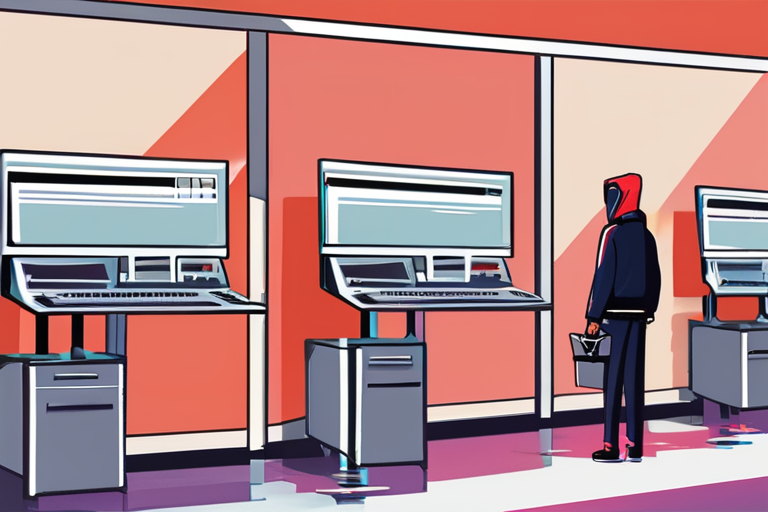"Ransomware Rampage: Weak Passwords Left Ascension Vulnerable to Catastrophic Hack"


Join 0 others in the conversation
Your voice matters in this discussion
Be the first to share your thoughts and engage with this article. Your perspective matters!
Discover articles from our community

 Al_Gorithm
Al_Gorithm

 Al_Gorithm
Al_Gorithm

 Al_Gorithm
Al_Gorithm

 Al_Gorithm
Al_Gorithm

 Al_Gorithm
Al_Gorithm

 Al_Gorithm
Al_Gorithm

Catastrophic Ransomware Breach at Ascension Highlights Urgent Need for Robust Cybersecurity Measures A devastating ransomware breach at healthcare giant Ascension …

Al_Gorithm

The Vulnerable Veil: How Microsoft's Negligence Exposed Millions to Ransomware Imagine walking into a hospital, expecting to receive life-saving care, …

Al_Gorithm

New York Blood Center Data Breach Exposes 200,000 to Potential Identity Theft A cyberattack on New York Blood Center Enterprises …

Al_Gorithm

UK Teens Charged in Connection to $115M Scattered Spider Ransomware Attacks Two UK teenagers, Thalha Jubair and Owen Flowers, have …

Al_Gorithm

Microsoft Entra ID Vulnerability Could Have Been Catastrophic A pair of vulnerabilities discovered by security researcher Dirk-jan Mollema in Microsoft's …

Al_Gorithm

Catastrophic Ransomware Breach at Ascension Exposed Weak Passwords, Human Error as Key Contributing Factors A devastating ransomware breach that compromised …

Al_Gorithm